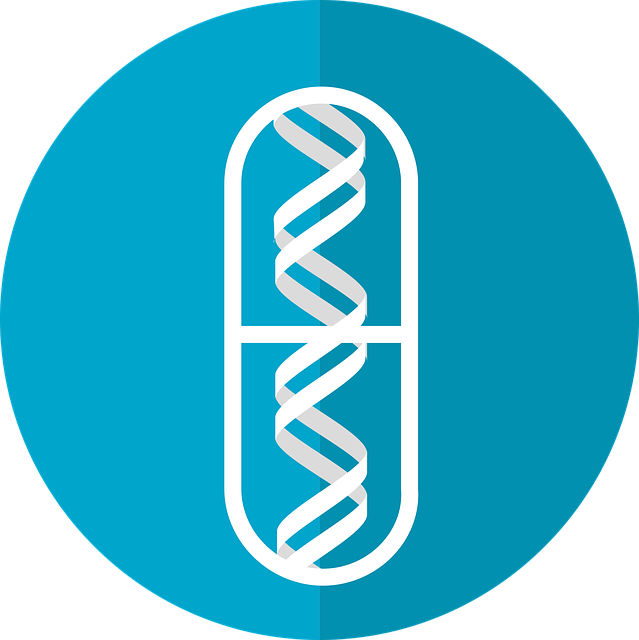In the ever-evolving landscape of medical science, gene therapy has emerged as a groundbreaking frontier, promising to transform how we approach and treat a myriad of diseases. Harnessing the power of genetics, gene therapy aims to address the root causes of illnesses at their source. In this article, we will explore recent breakthroughs in gene therapy, the transformative impact on medicine, and the potential to revolutionize treatment strategies at the genetic level.
Understanding Gene Therapy:
Foundations of Gene Therapy:
Gene therapy involves introducing, altering, or replacing genetic material within a patient’s cells to treat or prevent disease. This can be achieved by delivering therapeutic genes, repairing or replacing faulty genes, or modifying the expression of existing genes.
Types of Gene Therapy:
There are several approaches to gene therapy, including:
- Gene Augmentation: Introducing a functional gene copy to compensate for a faulty one.
- Gene Inhibition: Silencing or suppressing a malfunctioning gene.
- Editing the Genome: Precisely altering the DNA sequence to correct genetic mutations.
Recent Breakthroughs in Gene Therapy:
Treatment of Genetic Disorders:
Gene therapy has shown significant success in treating genetic disorders such as:
- Spinal Muscular Atrophy (SMA): The approval of gene therapies like Zolgensma has transformed the prognosis for infants with SMA, a rare genetic neuromuscular disorder.
- Hemophilia: Trials have demonstrated the potential of gene therapy to reduce or eliminate the need for regular blood clotting factor infusions in individuals with haemophilia.
Cancer Immunotherapy:
Gene therapies like CAR-T cell therapy have remarkably treated certain cancers. Modified immune cells equipped with chimeric antigen receptors (CARs) target and destroy cancer cells, offering new hope for patients with haematological malignancies.
Inherited Blindness:
Gene therapies, such as Luxturna, have shown promise in restoring vision for individuals with inherited retinal diseases causing blindness. These therapies aim to replace faulty genes in the retina to improve or correct vision.
Muscular Dystrophy:
Advances in gene editing techniques, including CRISPR-Cas9, hold potential for treating genetic disorders like Duchenne muscular dystrophy. Researchers are exploring methods to correct or modify the mutated genes responsible for the disease.
HIV Treatment:
Gene therapies for HIV involve modifying a patient’s immune cells to resist the virus. Clinical trials are ongoing to evaluate the safety and efficacy of these innovative approaches.
Challenges and Considerations:
Precision and Safety:
Ensuring the precision of gene editing and the safety of gene therapies remain critical challenges. Off-target effects and unintended consequences must be carefully monitored and minimized.
Ethical Considerations:
The ethical implications of gene therapy, particularly germline editing that can be passed down to future generations, require careful consideration. Global discussions on ethical guidelines and regulations are ongoing.
Access and Affordability:
Despite breakthroughs, ensuring widespread access to gene therapies and addressing affordability challenges are essential. Collaborations between researchers, healthcare providers, and policymakers are crucial to overcoming these hurdles.
Long-Term Effects and Durability:
Assessing the long-term effects and durability of gene therapies is a complex task. Continued research and long-term follow-up studies are necessary to understand the sustained impact of these treatments.
The Future of Medicine:
Personalized Medicine:
Gene therapy paves the way for personalized medicine, where treatments can be tailored to an individual’s genetic makeup. This approach holds the potential to enhance treatment efficacy while minimizing adverse effects.
Expanding Therapeutic Targets:
As our understanding of genetics deepens, the range of treatable conditions with gene therapy will likely expand. Ongoing research explores applications for neurodegenerative diseases, cardiovascular disorders, and infectious diseases.
Collaboration and Innovation:
Collaborative efforts between academia, industry, and regulatory bodies are essential for advancing gene therapy research and development. Innovation in delivery methods and genome-editing technologies will further refine and broaden the scope of gene therapies.
Conclusion:
Gene therapy breakthroughs represent a transformative medical era, offering new avenues for treating diseases at their genetic roots. From inherited disorders to certain cancers, gene therapy’s impact is already felt in clinical settings. While challenges and ethical considerations remain, the potential for gene therapy to revolutionize healthcare and improve patient outcomes is undeniable. As research continues to unravel the complexities of the human genome, the future holds exciting possibilities for integrating gene therapy into mainstream medical practice, ushering in an era where the treatment of diseases is not only targeted but personalized at the genetic level.













